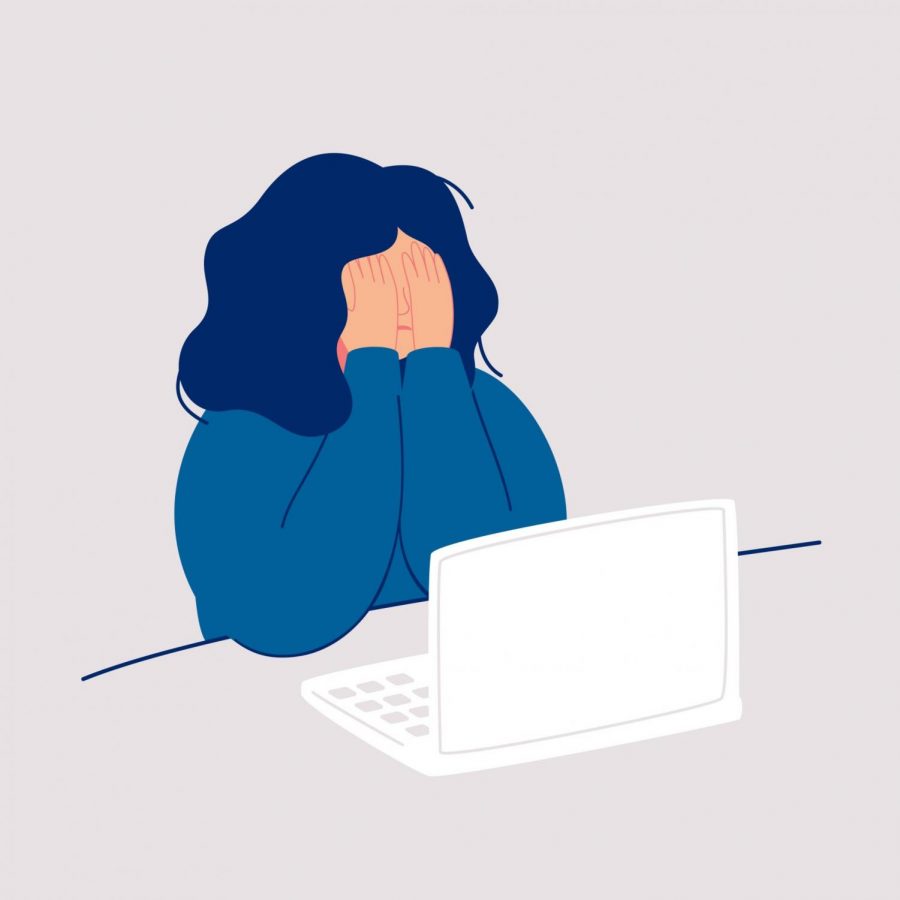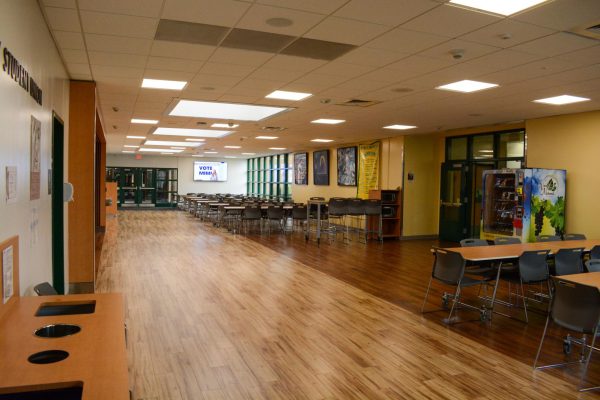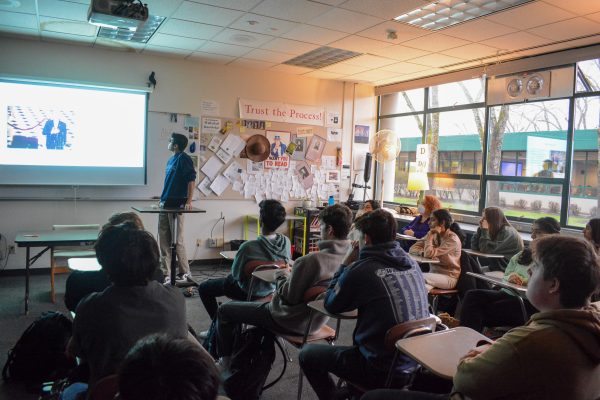Column: Being a Teenager Submerged in Politics
I was raised in a household where politics were among the list of things I was taught not to ask people about, alongside finances and religion. As I grew older though, I began to see the abundance of political conversations around me, ones that made me uncomfortable because I had never heard them.
I attended a Catholic middle school and was taught history out of an outdated hardcover book. I learned the branches of government and read some important documents, but I do not recall learning the major differences between political parties. I would ask my parents questions, but they would return with one sided answers.
I entered Jesuit politically unaware. At Jesuit I realized that my fellow classmates were not raised similarly to me in regard to never talking about politics. Lunch table discussions were filled with sharing views on significant issues, things that I did not have a stance on.
When I shared an opinion, it was usually verbatim my parent’s views. I learned that parents’s views were actually what most people were arguing because, to an extent, we are all educated on politics with some form of bias. Before technology, it was easy to succumb and believe in whatever we were hearing from our parents. Our parents were most of our first sources and glimpses into the political world. New resources and views are at our fingertips due to the efficiency of technology and the mass communication of social media.
In the height of the election, protests in Portland concerning the Black Lives Matter Movement and COVID-19, I felt heavily encouraged to become politically aware. I figured it was time to formulate my own views and beliefs, even if they differed from those of my parents. I encouraged myself to closely watch the presidential candidates’ reactions and strategies to overcoming these unprecedented times.
Today, I’m happy that I’ve become more politically aware, but I am also frustrated.
Politics are everywhere.
How could I not be involved when everyday I scroll through social media to see radical sides of both parties trying to convince everyone that they are correct? I’ll watch the news, but it feels like that’s filtered also: intaking news corporations political beliefs. It is frustrating to grow up in a generation where it is well-known which news station supported which party.
The intense, over saturation, of politics these days makes me inclined to not take part. Because political conversations can be fruitless, I would rather not participate in them. Any other year I could have been convinced that conversations are what grow one’s outlook, but I believe that our country is so divided that conversations end up in arguments. I would open to holding political conversations in an understanding environment, one where ideas are safely expressed and not belittled. Conversations are a beautiful step towards education, but only if both parties are opened to learning and not preparing to prove they are right or the other is wrong.
When I become frustrated, there are times I wish that everyone were raised to not discuss politics. The stakes are so high now that I worry that one “wrong” stance could potentially end a friendship or breach trust.
Though I am aware of the importance of political views and the gravity of this election, the overwhelming feeling of politics shoved in my face everyday makes me want to recoil from the process.

Lucy Menendez is a senior at Jesuit High School and first time journalism student. Lucy plays basketball at Jesuit and is involved in multiple clubs. Her favorite subject at Jesuit is English because she loves to read. She would even describe her perfect day to be spent curled up with a good book. Lucy loves to listen to music and is currently listening to Mac Miller, Jaden Smith and SZA. Lucy will dive into any conversation involving sports. Her favorite team is the Portland Trail Blazers. Lucy has two older sisters who have graduated from Jesuit and currently study at the University of Oregon. She loves to travel with her family. If it were spring break, summer, or even winter break, you could find the Menendez family in Captiva, Florida where they soak up the sun and spend time with family and friends. Lucy is ecstatic about her first year as a journalist and looks forward to writing articles for the Jesuit community.








